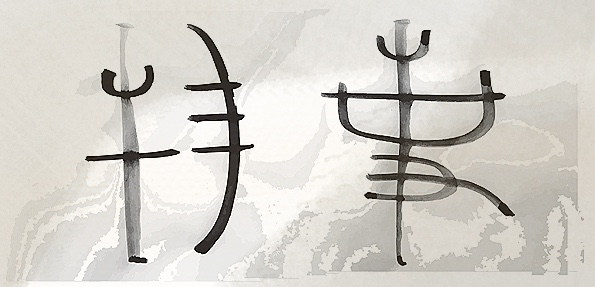The thing about "thing" is that it's a difficult thing to define. There are physical things, metaphorical things, things to do, things to consider, thingamabobs and so on. Unfortunately, things don't get any less complex in Japanese.
While the kanji versions of 物 (mono) and 事 (koto) more commonly refer to "things" in the strictest syntactic sense, there are plenty of ways to use もの and こと in hiragana for other purposes that don't quite translate as directly. For example, it's no rare occurrence to hear ものだ or ことだ at the end of a sentence — but these phrases hardly have anything to do with "things," tangible or otherwise. Rather, ものだ and ことだ are used to admonish, give advice, or simply state an opinion on life.
As the more objective of the two phrases, ものだ is used to express how society typically views the world and its machinations. For example, we all know to mind our manners in delicate environments, hence we would say, "病院では静かにするものだ" ("Byōin de wa shizukani suru mono da," "Best be quiet in the hospital").

















With your current subscription plan you can comment on stories. However, before writing your first comment, please create a display name in the Profile section of your subscriber account page.